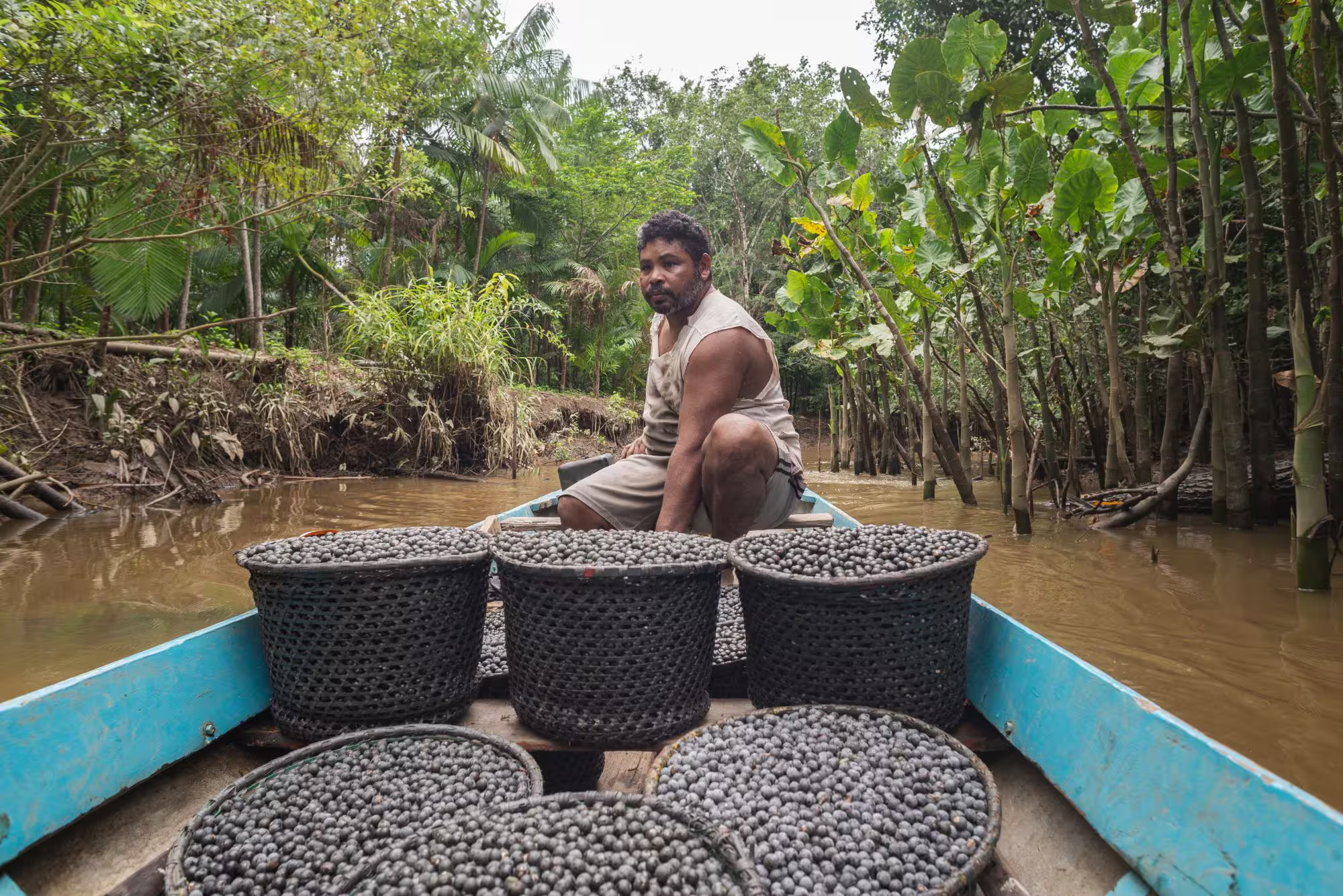Identifying The Conditions Under Which Forest-Focused Supply Chain Policies Lead To Improved Conservation And Livelihoods: A Pan-Tropical Analysis

Tropical forests are critical for human well-being through their contributions to climate stability, biodiversity conservation, food production, and rural livelihoods. Despite numerous global commitments to help conserve and restore tropical forests, these areas are disappearing faster than ever. The goal of this project is to provide major advancements in the understanding of the conditions under which forest-focused supply chain policies (FSPs), a form of voluntary environmental governance, can lead to improved conservation and livelihoods in the tropics.
Through utilizing innovative methods such as coordinated pan-tropical analysis of multiple forest-risk commodities and simultaneous examination of conservation and livelihood outcomes, the project will examine the importance of four key contextual factors in determining FSP effectiveness. The analysis will consider factors such as the level of public sector involvement in governing land use behaviours in the target regions, historical land use patterns, supply chain structures for the relevant commodities, and the values held by the local populations. By identifying the conditions under which different types of FSPs and related implementation mechanisms can deliver improved conservation and livelihood outcomes, the resulting analysis will provide urgently needed policy recommendations to companies and other policymakers for how to better tailor the design of FSPs to specific contexts.
